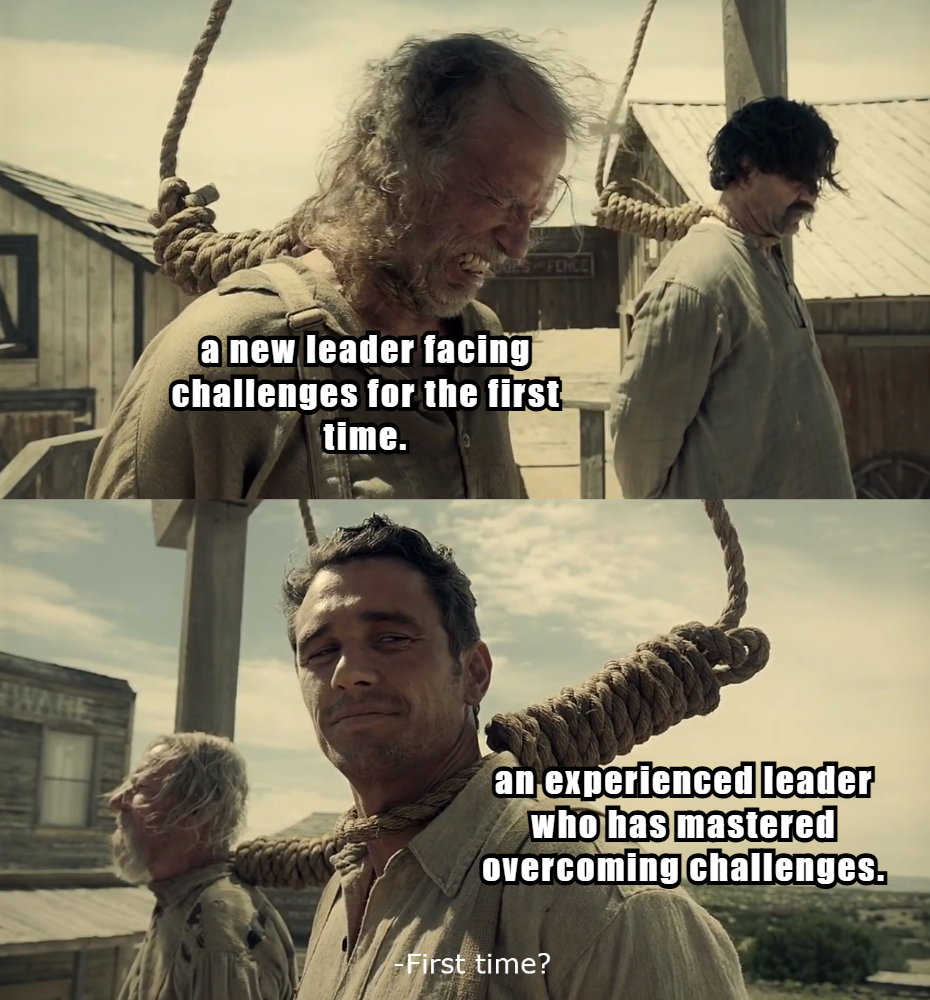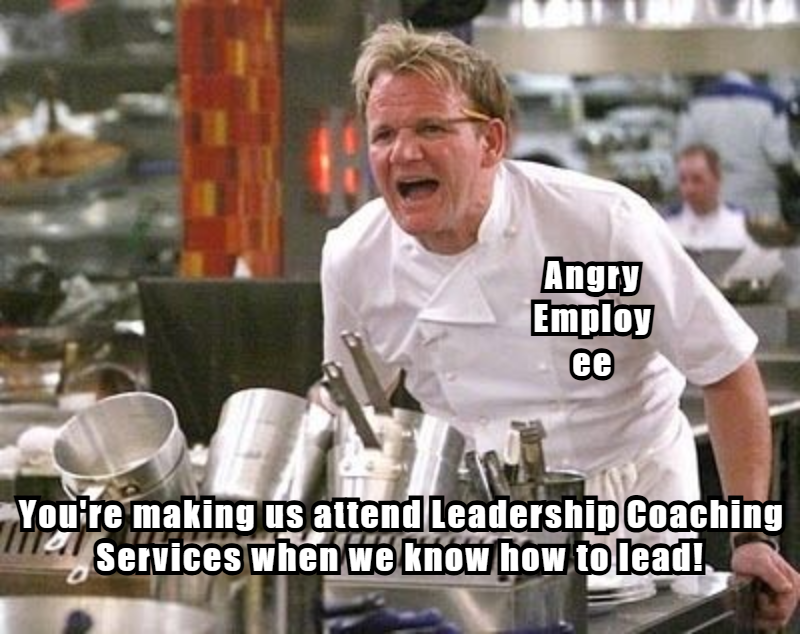Executive leadership coaching has fast become a high-value investment for any organization that would like to grow its top talent and drive business performance. The essay will therefore investigate and discuss the key benefits of executive coaching as an effective tool that supports leadership development in today’s competitive business landscape.
What is Executive Leadership Coaching?
Executive leadership coaching is a personalized development process where a trained coach works one-on-one with senior leaders to enhance their skills, performance, and effectiveness. The coach acts as an objective sounding board and advisor, helping the executive gain self-awareness, clarify goals, overcome challenges, and reach their full potential.
Some key aspects of executive coaching include:
- Tailored approach focused on the individual leader’s needs and goals
- Confidential, trusting relationship between coach and executive
- Utilization of assessments, feedback, and directed reflection
- Action planning and responsibility for behavioral change
- Ongoing support that can maintain progress over time

Best Features of Executive Coaching
1. Improved Leadership Abilities and Skills
Coaching helps enhance the capabilities of an executive by making their leadership stronger and more advanced. In coaching, executives are able to:
- Increase self-awareness of their key strengths and blind spots
- Emotional intelligence and people skills improvement
- Adaption and judgment enhanced through strategic thinking
- Create a more inspiring and effective leadership presence
- Understand how to be a more situation-sensitive leader
A Manchester Consulting Group study indicated that executives who were coached made gains in the following:
Leadership Skill |
% Improvement |
| Working relationships with direct reports | 77% |
| Working relationships with immediate supervisors | 71% |
| Teamwork | 67% |
| Working relationships with peers | 63% |
| Job satisfaction | 61% |
2. Greater Productivity and Performance
Executive coaching makes one a more effective, targeted, and potent contributor. Results obtained include:
- Better time management and prioritization skills
- Improved delegation
- Clearer goals and strategic priorities
- Greater confidence in making decisions
- Less stress and burnout
Executive coaching has been proven to offer high returns through improved productivity. According to MetrixGlobal LLC, returns in productivity, quality, and retention are impressive, with studies indicating a 788 percent return on investment for companies with executive coaching invested in the same areas.

3. Improved Communication and Relationship Building
Strong communication and interpersonal skills are the very backbone for executive success. Coaching has been proven to help leaders:
- Show better active listening
- Make verbal and written communication more clear, concise, and impactful
- Enlist greater empathy and emotional intelligence
- Better relate to team members, peers, and external stakeholders
- Handle challenging conversations more effectively
With enhanced “soft skills,” the executives create better agreement within teams; conflict can be lessened, and collaborations throughout the organization improve.

4. Increased Self-Awareness and Emotional Intelligence
Self-awareness is the foundation of great leadership. With coaching, an executive achieves:
- A more profound knowledge of his strengths, weaknesses, and blind spots
- Better insight into how he is perceived by others
- Enhanced emotional control and stress management
- Increased empathy and understanding of others perceptions
This higher awareness of self enables the leader to have a greater and more effective use of strengths and the working on areas of development. It also allows them to build better relationships and make right decisions.
5. Acceleration in Leadership Development
The leadership development cycle can be accelerated through executive coaching. Benefits gained include:
- More rapid acquisition of critical skills and competencies needed in leadership
- Shorter learning curves on roles
- Behavior change and habit formation occur rapidly
- Readiness for higher-level roles within a shorter time span
An International Coach Federation study revealed that 86% of all organizations realized a return on their coaching investment, and 96% of participants with an Executive Coach reported they would do it again.

6. Better Strategic Thinking and Decision-Making
Coaching executives to:
- Expand big-picture thinking as well as strategic and long-term planning capabilities
- Enhance ability to analyze complex situations
- Emerge with more innovative and creative ways of problem solving
- Develop more confidence in making high-stake decisions
This enables leaders to maneuver more aptly in uncertainty and make better choices that bring about organizational success.

7. Leading Change and Innovation with Superocity
The ability to introduce change in today’s dynamic business environment is important. Executive Coaching:
- Enables them to gain adaptability and resilience in the face of change
- Raises the skills associated with effectively leading organizational changes
- Facilitates a culture of innovation and continuous improvement
- Brings down resistance and gains buy-in for new initiatives
Executives can help their organizations stay ahead of the curve of disruption and better seize new opportunities by building these change leadership capacities.
8. Better Work-Life Balance and Well-being
Executive coaching tends to focus on the whole person, not just work performance. Some benefits include:
- Improved stress management and resilience
- Better work-life integration and balance
- Enhanced overall well-being and job satisfaction
- Greater clarity on personal values and priorities
This orientation towards total development would prevent burnout and produce sustained high performance over the long term.
9. Enhanced Confidence and Executive Presence
Coaching enhances the leaders’ presence as strong, authentic leaders. Outcomes include:
- Self-confidence when under pressure
- Stronger impact based communication and presentation skills
- Better inspiration and influencing others
- Personal brand and reputation endorsement
This newfound confidence and presence enables executives to lead more impactful and have greater influence throughout the organization.

10. Better Team and Organization Performance
Executive coaching benefits the individual leader and radiates into a positive impact on the entire organization. Outcomes may include:
- More cohesive and high-performing teams of leaders
- Improved employee engagement and retention
- Increased organizational culture and values alignment
- Stronger business results and financial performance
A study of executive coaching impact showed an average ROI of 5.7 times the initial investment or return on investment, or even more than $100,0004.
Conclusion
Executive leadership coaching has many benefits that can have a great impact on an individual leader as well as his organization. Organization investment in coaching can help in building stronger, more capable leadership which is better prepared to lead organizational success in this complex and changing global environment.
Personalized coaching lets managers address specific needs and challenges in their development, leading to accelerated growth and improved performance. Moreover, the effects of better leadership can be seen much more throughout the organization in stronger teams with much better employee engagement and enhanced business results.
As the business landscape continues to evolve, executive coaching will likely play an increasingly important role in helping leaders and organizations stay ahead of the curve and achieve sustainable success.
FAQs
1. Who is typically coached?
Executive coaching is generally offered to senior executives, including CEOs, C-suite officers, vice presidents, and high-potential managers destined for a leadership role.
2. How long does executive coaching take?
Coaching engagements typically last 6-12 months, with sessions occurring every 2-4 weeks. However, the duration can vary based on the executive’s needs and goals.
3. How is success measured in executive coaching?
Success is often measured through a combination of self-reported improvements, feedback from colleagues and stakeholders, achievement of specific goals, and tangible business outcomes.
4. Is executive coaching only for struggling leaders?
Executive coaching has value for all leaders, regardless of performance. Even very successful executives benefit from this coaching to realize further success and be better equipped for what will lie ahead.
5. What can organizations do to ensure a return on the investment?
Organizations want to maximize ROI. To do so, they should:
- Choose coaches who are skilled in relevant domains
- Establish clear expectations for the coaching relationship
- Obtain the executive’s commitment to the coaching process
- Measure and monitor against defined success measures

